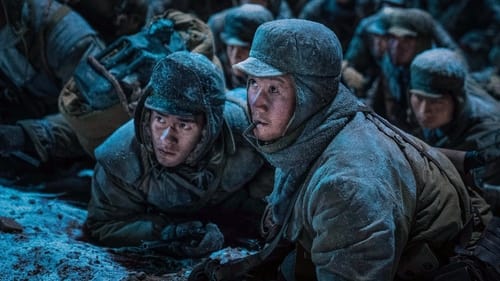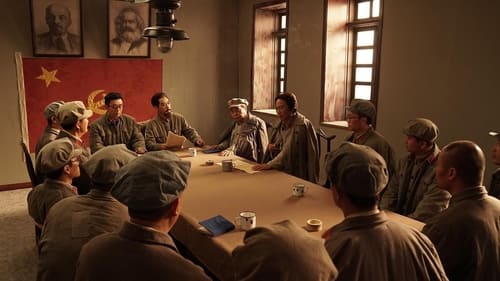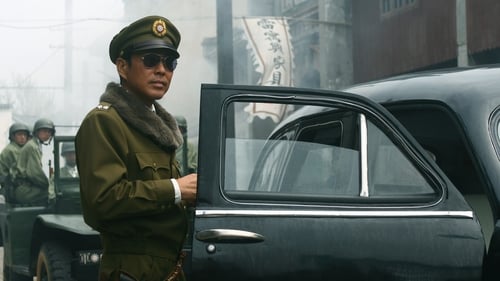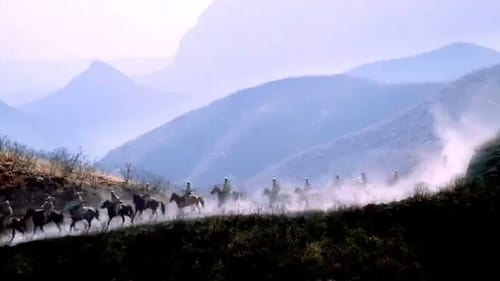
朱德
In the early days of the founding of the People's Republic of China in 1949, New China was faced with "internal and external troubles". Since the outbreak of the Korean Civil War, the U.S. military has repeatedly provoked the border between China and North Korea, and civilians have been brutally bombed. In order to maintain the hard-won peace and long-term stability for generations, in October 1950, the Chinese People's Volunteers entered North Korea, and the "Resist US Aid Korea" war kicked off.

Zhu De
Korean War, winter 1950. In the frozen and snowy area of Changjin Lake, a bloody battle is about to begin between the elite troops of the United States and China.

Zhu De

Zhu De

朱德

After the end of the three major campaigns, the situation in China has undergone fundamental changes. Before the Kuomintang forces withdrew from Peiping, they adopted a series of psychological policies for the literary and art circles, hoping that they would also leave Beiping together. The leaders of the Communist Party of China, such as Mao Zedong, who was far away from Xibaipo, also paid great attention to the people of the literary and art circles in Beijing. They sent Tian Han and other comrades to appease and sympathize. The Kuomintang and the Communist Party launched a silent war against the literary and art circles.

Zhu De
The tale of one man who fought against the tyranny of a ruler and led his people in battle in the ultimate sacrifice for his country.

朱德
On the Mountain of Tai Hang tells the story of the Sino-Japanese war and the commander-in-chief, Zhu De, leading the main force of the Eighth Route Army to the battlefront against the Japanese invaders. Presented are several important campaigns, from September 1937 to May 1940, including the Pingxingguan victory, the surprise attack on Yangmingbao, Xinkou campaign and Huangtuling campaign, where Abuguixiu, lieutenant general of the Japanese army, was shot down. The film also reflects the close relationship between the Eighth Route Army and the people.




